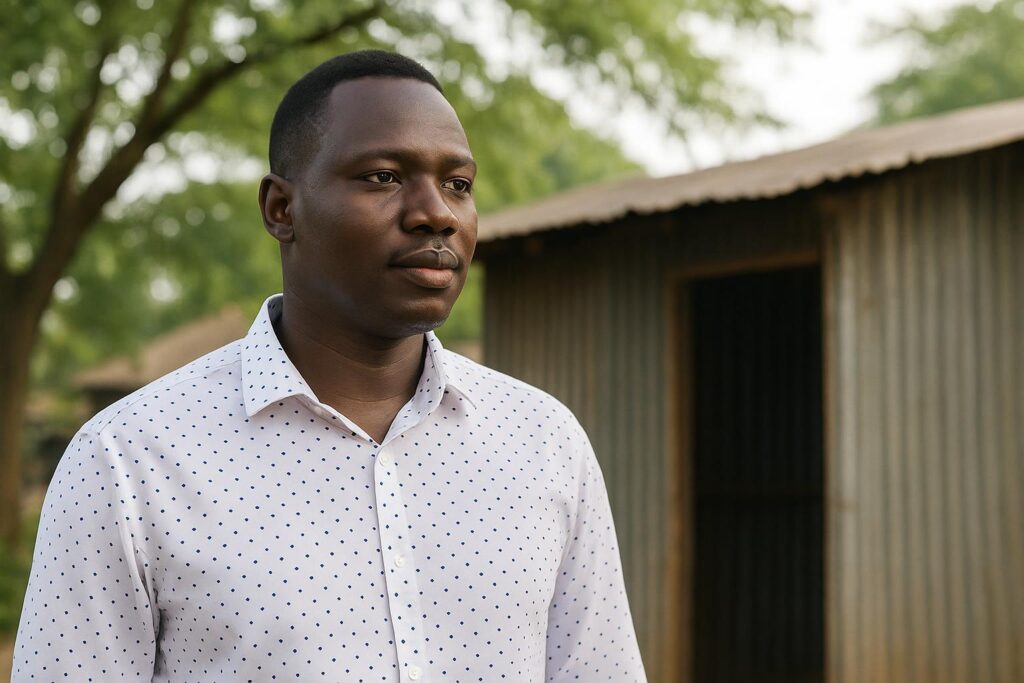Rising Voice from Upper Nile University
At a dusty cattle camp near Malakal, fifth-year veterinary student Acirin Madong pauses beside shuffling bulls and speaks calmly. He urges herders to see vaccines as shields, not threats, a message he repeats during outreach tours organised by Upper Nile University and local authorities.
His campaign counters a belief, common across South Sudan, that injections shrink milk yields or cause sudden deaths. ‘Evidence shows the opposite,’ he tells The Dawn, referencing recent field trials.
Science Behind the Syringe
Vaccines stimulate antibodies, creating herd immunity that blocks killer infections like contagious bovine pleuropneumonia and East Coast fever. The World Organisation for Animal Health lists vaccination as the most cost-effective line of defence (OIE).
Madong explains that antibiotics cannot stop viruses, while vaccines can prevent them entirely. Reducing disease also protects families who depend on livestock for protein and income, reinforcing national food security goals laid out by the Juba government.
Cultural Barriers to Animal Health
Scepticism emerged during past vaccination drives where cold-chain failures damaged doses, fueling rumours. Without diagnostic labs in remote counties, herders misattributed natural illnesses to the syringes.
Anthropologist Nyandeng Chol says misinformation spreads fast inside cattle camps because ‘a single unexplained death becomes village folklore within hours.’ Radio programmes in local languages now relay veterinary facts to counter the tales.
Toward Safer Herds
Upper Nile University plans mobile clinics that tag animals, record symptoms digitally and deliver temperature-monitored vaccines. Early pilots cut calf mortality by 40 percent, according to the Ministry of Livestock.
Madong remains optimistic. ‘Trust grows once owners see healthy, productive cattle,’ he notes. With graduations approaching, he intends to return to the field, stethoscope in hand, to keep myths from costing any more hooves or livelihoods.


